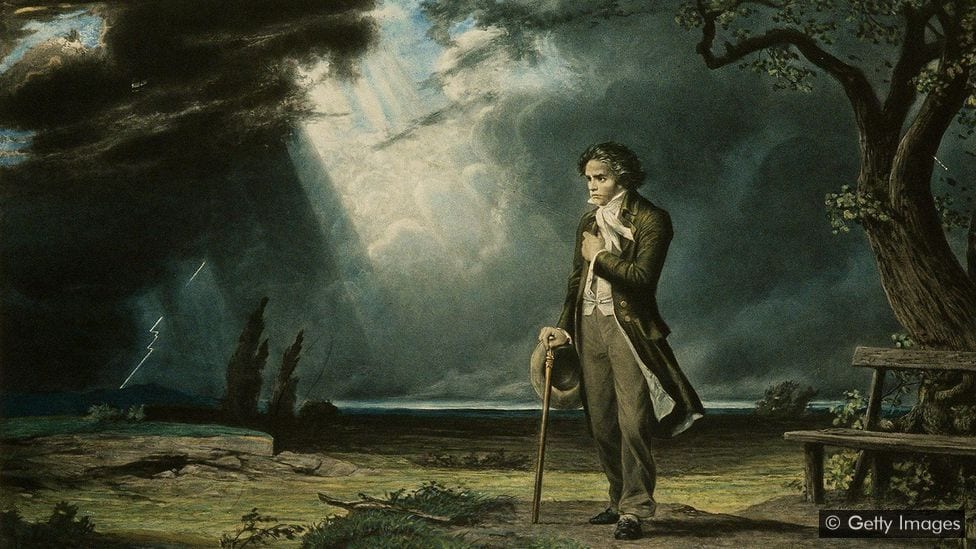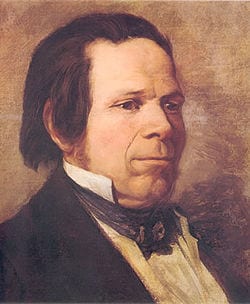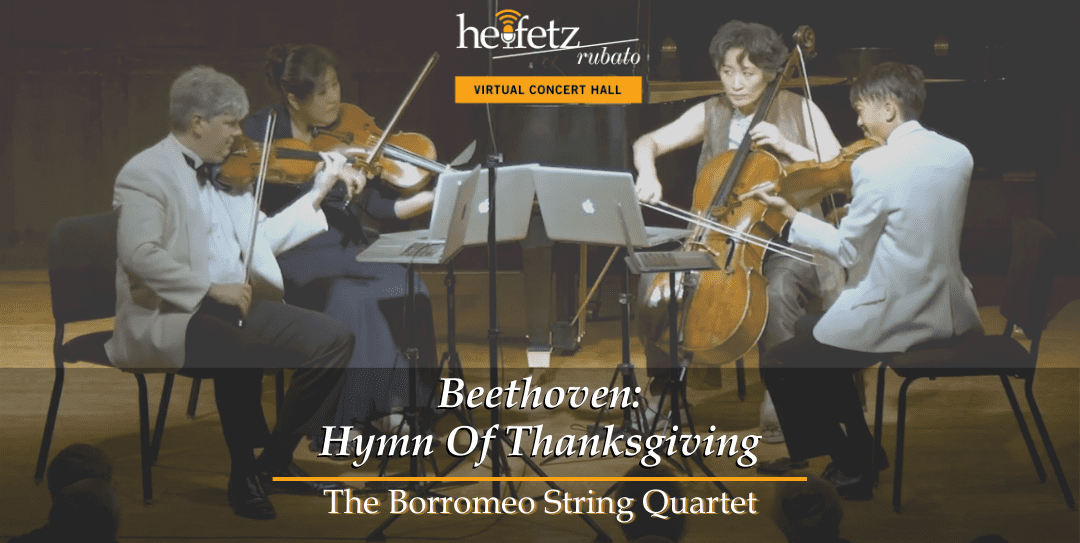“For composers and musicians, this remarkable piece of music has proved irresistible, providing solace and giving strength even when the future seems lost.” – BBC
In the words of Heifetz Institute Artistic Director Nicholas Kitchen, “I cannot think of another work that has this unique soundscape and quality.”
The third movement of Beethoven’s String Quartet No. 15 in A minor, Op. 132, has been described as “Music in its purest form, that transcends time and space, style, and history.” Beethoven himself gave it the descriptive title, Heiliger Dankgesang eines Genesenen an die Gottheit, in der lydischen Tonart (“Holy Song of Thanksgiving of a convalescent to the Deity, in the Lydian Mode.”)
Beethoven was giving thanks for recovering from a digestive ailment in the spring of 1825 that forced him to leave Vienna and nearly cost him his life. And, our Artistic Director imagines, it possibly signifies the repair of a fractured relationship with his invaluable first violinist Ignaz Shuppanzigh, who rather incredibly was the first to perform every one of Beethoven sixteen string quartets – and put up with the composer during the rehearsals!

Battling an intestinal illness in the spring of 1825, Beethoven packed off the the spa town of Baden to recover. His doctor banned him from drinking wine or eating his favorite dish: liver dumplings. Feeling morbidly mortal, Beethoven wrote to his collaborator Ludwig Rellstab, “Forgive me in consideration of my very delicate health; as perhaps I may not see you again, I wish you every possible prosperity. Think of me when writing your poems.”
The first section of this movement in the ‘F Lydian’ mode, an ancient scalewithout sharps or flats. The music is slow-moving, modal and meditative. For many of us in 2020, like one day to the next.
From the BBC: “But wait for long enough, and everything shifts. Even if you only had the score to go on, you could see it coming – Beethoven labels the second section of his piece as Neue Kraft fühlend, or Feeling New Strength. The austere music of the first few minutes suddenly collapses into an optimistic universe of harmonies and trills.”
“To put it another way, if the Heiliger Dankgesang is partly an uncomplicated prayer of thanks to the Almighty, and partly a meditation on sickness and health, it may also symbolize the immense power of music – notes – to keep people going in times of strife.”
We are thankful to have Nicholas Kitchen and his fellow members of the Borromeo quartet to keep us going, and to contribute so mightily to the success of the Heifetz Virtual Institute for 2020, and all that lies ahead in 2021. To see the roster of faculty and application information for #Heifetz 2021 click here!


Violinist Ignaz Schuppanzigh (1776-1830). His Razumovsky Quartet, which he founded in 1808, is considered the world’s first professional string quartet. Beethoven both idolized and belittled him, once saying, “Does he really believe that I think about his silly fiddle when the muse strikes me to compose?”


